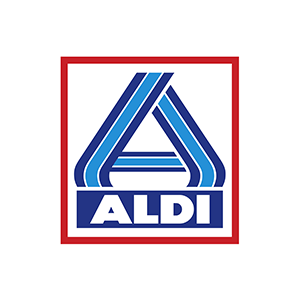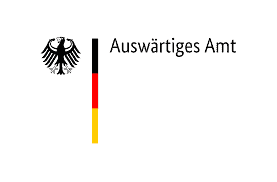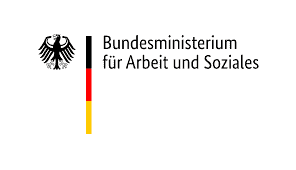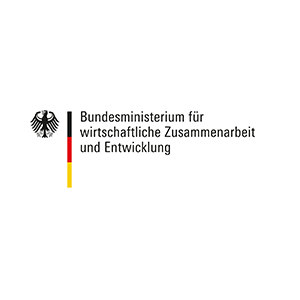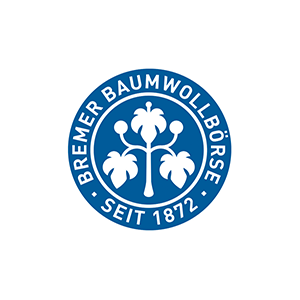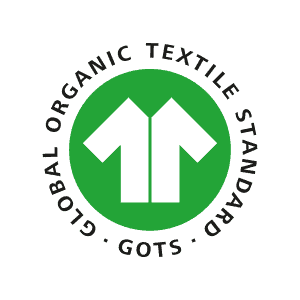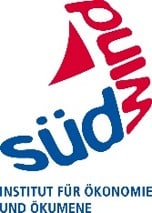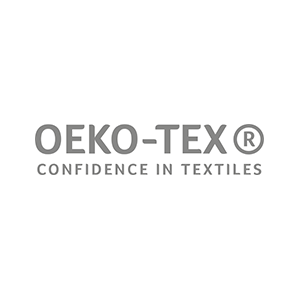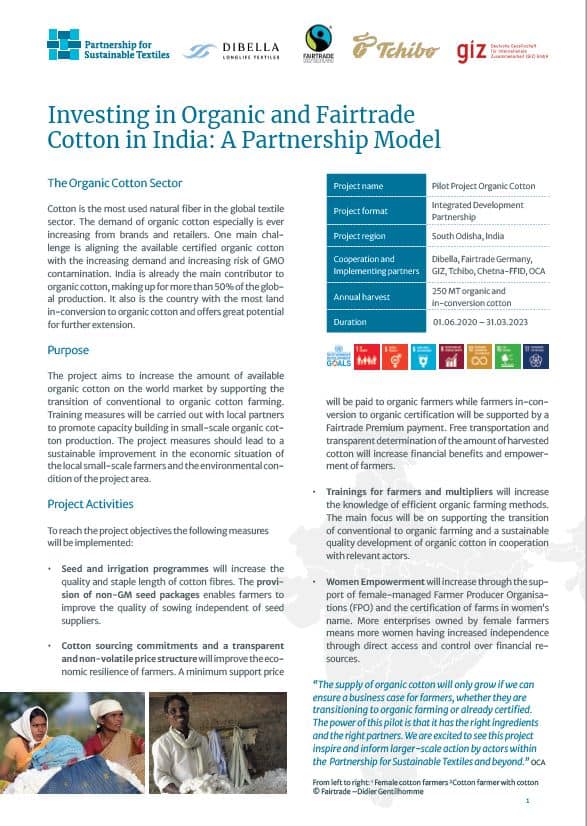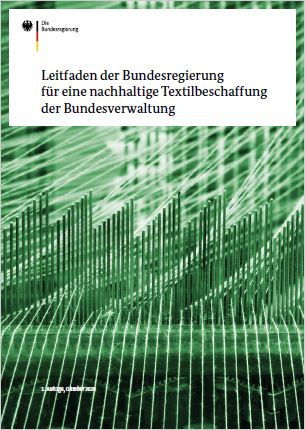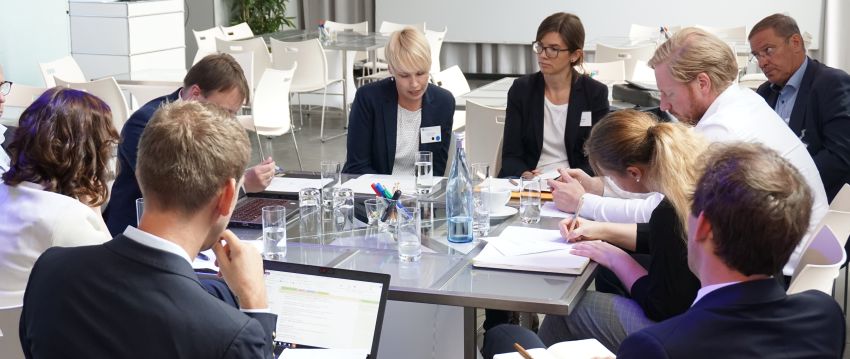Launch of the Partnership Initiative Organic Cotton in India for more transparency and fairness
Launch of the Partnership Initiative Organic Cotton in India for more transparency and fairness
Die Bündnisinitiative Bio-Baumwolle in Indien nimmt nun ihre Arbeit auf. Zwölf Unternehmen und Organisationen haben sich zusammengeschlossen, um die Lieferkette biologischer Baumwolle fair, umweltfreundlich und wirtschaftlich tragfähig zu gestalten. 11.500 Baumwollproduzentinnen und -produzenten in den indischen Bundesstaaten Maharashtra, Madhya Pradesh, Rajasthan, Odisha and Gujarat sollen von dem Projekt profitieren, indem sie auf ökologischen Anbau umstellen.
These twleve companies and organisations participate in the Partnership Initiative Organic Cotton in India: ALDI NORD, ALDI SÜD, Brands Fashion, C&A, Esprit, Formesse, GOTS, HAKRO, H&M Group, s.Oliver Group, Tchibo and Fairtrade. The Partnership for Sustainable Textiles and its strategic partner Organic Cotton Accelerator (OCA) are coordinating the project, which will run until August 2025.
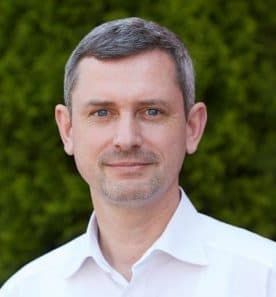
"The new Partnership Initiative has several positive effects; for the farmers, who earn more and receive greater security, for the textile companies and brands, who can purchase more organic cotton, and last but not least for the environment. It is also a good example of successful private-public financing: the companies bear more than three quarters of the costs, while the Federal Ministry for Economic Cooperation and Development finances the rest through two GIZ projects," says Jürgen Janssen, head of the PST Secretariat.
The Partnership Initiative helps cotton producers to strengthen their business case and create the right conditions for organic cotton supply to grow. To this end and within the framework of the"OCA Farm Programme“ .
OCA, working through local farm groups or implementing partners, will support the Partnership Initiative’s brand partners connecting to farm projects in various Indian regions. In return, the Initiative partners will provide a sourcing commitment for both in-conversion cotton and certified organic cotton including premiums to farmers (higher than the market price).
In turn, thousands of hectares of farmland will be regenerated through organic practices, eliminating the use of synthetic fertilisers and pesticides, building long-term soil health, and increasing on-farm biodiversity for generations to come. The support of the initiative is very welcome particularly by cotton farmers, who want to transition from conventional to organic. The in-conversion process, taking up to three years, can come with challenges such as temporary drops in yield that require extra financial support.
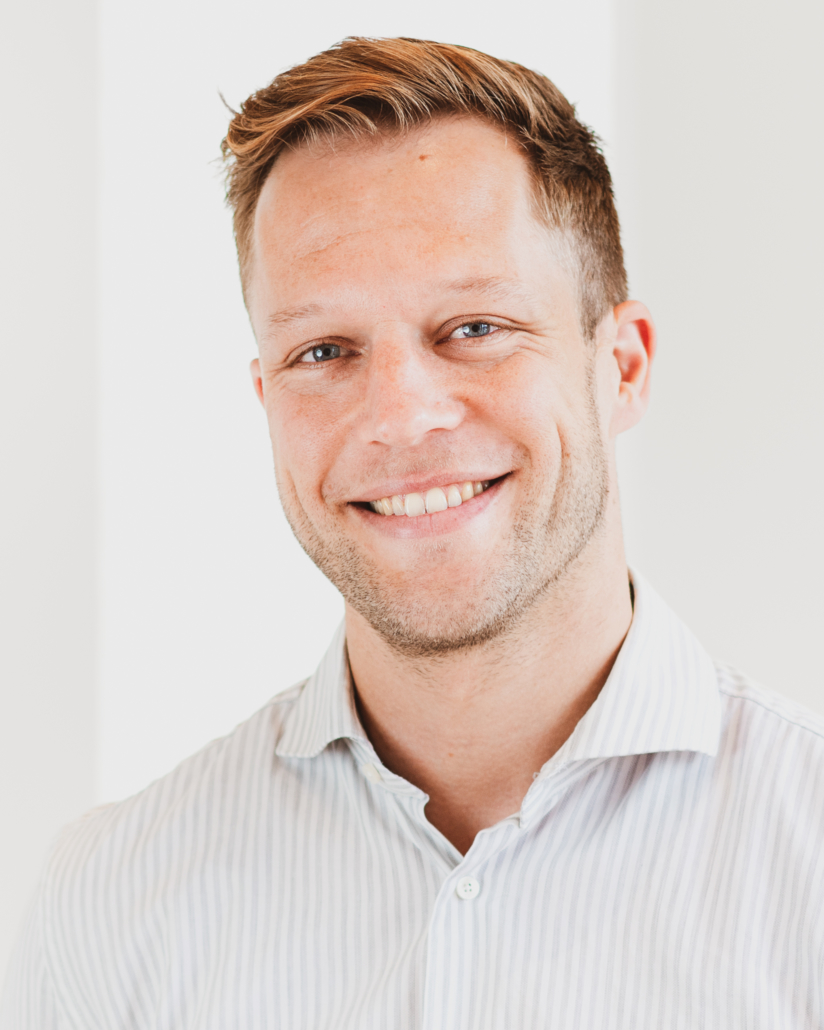
“Progressive targets for organic cotton sourcing are great, yet they need to be combined with tangible support to farmers, in particular those that are transitioning from conventional to organic agriculture. It is great to work with members of the Partnership for Sustainable Textiles who understand that they need to go the extra mile to realize their organic cotton ambitions and provide farmers with long-term commitments and better prices. This initiative helps to mobilise more support to farmers during the challenging phase of transitioning to organic practices and deepen our impact by a special focus on decent working conditions. This truly helps accelerate organic cotton’s potential for positive impact.” Bart Vollaard, OCA Executive Director.
The Partnership Initiative contributes to the increase of available organic cotton on the world market. As one of the key organic cotton producers and as the country with the largest cotton in-conversion areas, India is forging promising potential to achieve a lasting role in this field.
What is organic in-conversion cotton?
Not entirely conventional, not yet certified organic, so what is it?
Organic in-conversion cotton is the raw material produced during a three-year journey undertaken by conventional farmers to become fully organic. It is also known as 'cotton in-conversion’, 'in-conversion cotton fibre’, 'transitional cotton’, or ‘in-transition cotton’. During this period, farmers adopt organic farming practices, such as avoiding synthetic pesticides and genetically modified seeds.
Is organic certification guaranteed?
Completing the 'in-conversion’ program isn’t an immediate ticket to organic certification. The certification process requires evaluation and verification by accredited bodies. Nonetheless, by committing to organic practices during the organic in-conversion phase, farmers have a high chance of achieving full organic certification. To effectively align their practices with certification requirements, farmers may need expert guidance or to engage in peer-learning communities.
Why does it matter?
Impact on the environment
Farmers play an essential role in ensuring the well-being of our soil and biodiversity during the conversion process. By using non-genetically modified seeds and avoiding harmful synthetic chemicals, they safeguard the health of beneficial insects and birds, and support the natural environment. By relying on ecological processes tailored to local conditions, organic farming systems can sustain and improve the health of soils, ecosystems, and people.
More transparency in the supply chain
As the demand for sustainable products continues to rise, more and more brands are supporting farmers on their path toward organic farming. This not only fosters a more transparent supply chain but also empowers consumers to make informed decisions about the eco-friendly products they purchase.
Benefits for farmers and land
Cotton farmers who commit to the organic in-conversion process are also taking steps to improve their soil health. These practices are not only beneficial for the environment but also for the farmers’ health, due to the absence of pesticides and chemicals. Moreover, farmers who embark on this journey are gaining new skills, such as generating bio-inputs using locally available natural resources and reducing their reliance on external sources. Along with training, farmers often receive financial incentives, such as pre-paid non-genetically modified seeds. Cotton is a crucial “cash” crop for farmers, as it helps them sustain their households. Many farmers rely on the income they generate from cotton. Once certified organic, farmers can sell cotton to international brands and retailers through market linkage access platforms.
Another beneficial practice is the crop diversification, which reduces over-reliance on one commodity like cotton and improves the overall health and nutrition uptake of the farmer and their family. Organic in-conversion farmers also tend to experience reduced cost of production due to the adoption of bio inputs instead of expensive agrochemicals used under conventional farming systems.
In Partnership Initiatives several Partnership members engage on-site in production countries, for example on Living Wages, a sound Wastewater Management, effective Complaints Mechanisms and Improved Working Conditions in Tamil Nadu (India). Where individual actors reach their limits, members can work together to achieve better outcomes for people and the environment in the countries of production.
In 2020, PST members started a pilot project on organic cotton in India (Süd-Odisha). The objective is to increase the amount of available organic cotton on the world market, among other things through training, targeted support for women, support for conversion to organic farming, GMO-free seeds, purchase commitments and premiums.
The Partnership Initiative and the pilot project contribute to achieve the joint goal of the PST members: By 2025, the share of sustainable cotton sourced by member companies is to increase to a total of 70 per cent, and the share of organic cotton contained therein to 20 per cent.




